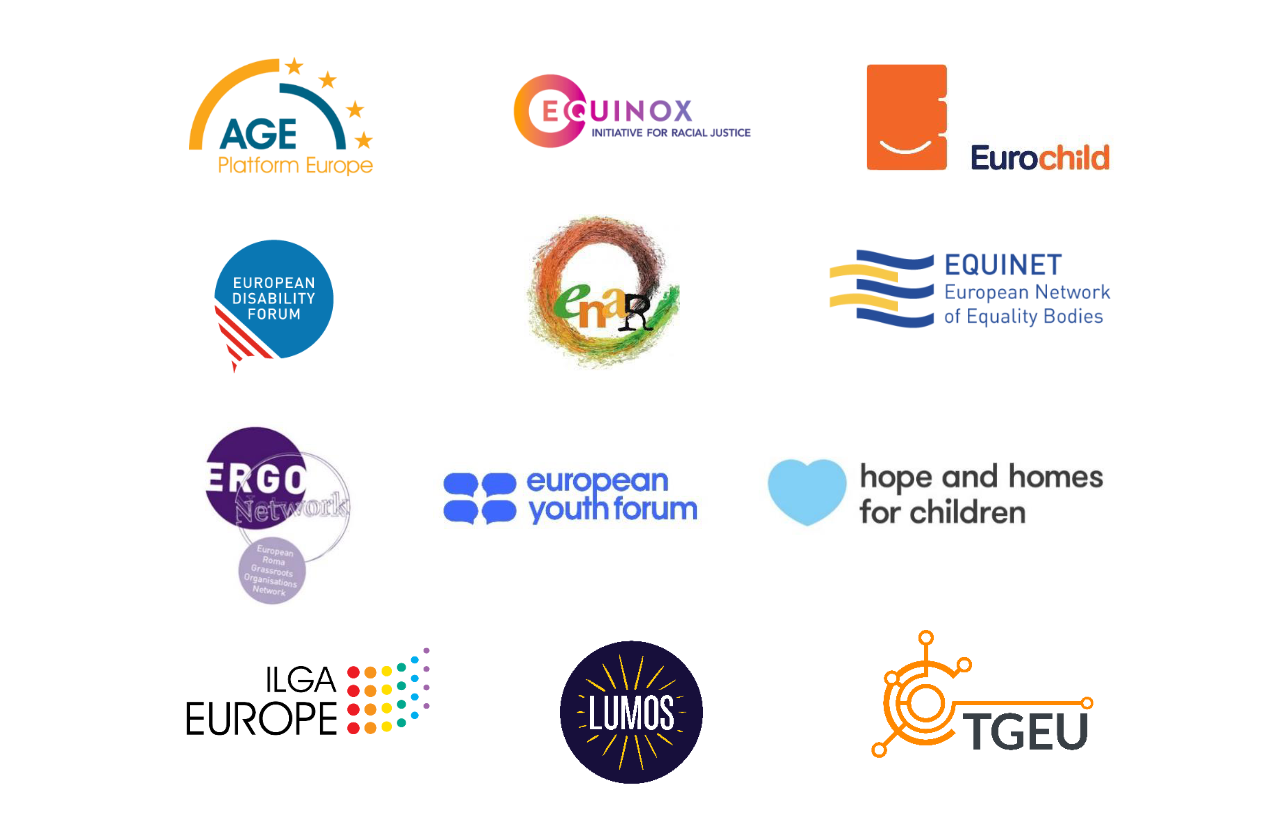Eurochild endorses joint briefing on discrimination faced by persons with disabilities in the EU
This document informs the UN Committee on the Rights of Persons with Disabilities about issues of inequality and intersectional discrimination
The endorsing organisations are alarmed by the rate of discrimination faced by persons with disabilities in all their diversity in Europe. The EU has not taken enough measures to address equality and non-discrimination in its legislation and policies, and in particular to address intersectional and multiple forms of discrimination.
In particular, the EU is yet to:
- Adopt legislation and policies to prevent and combat discrimination on all grounds and in all areas of life
- Adopt legislation and policies to prevent and combat hate speech and hate crime, including based on disability and other grounds
- Ensure that Equality Bodies are protected by standards that among others, harmonise the mandate of equality bodies so that they can adequately and efficiently combat disability-based discrimination and support victims of unequal treatment
- Adopt intersectional policies and targeted measures against intersectional discrimination
There is no data on the number of children and young persons with disabilities living in the European Union, or in Europe, but research indicates that children and young persons with disabilities face multitude accounts of discrimination, leading to, for instance, limited access to quality, inclusive education, violation of their right to grow up in a family, institutionalisation, and violence.
In most European countries, children with disabilities are overrepresented in residential care. In addition, young people with disabilities are more likely to face limited access to employment and social protection, and be denied access to proper healthcare, including mental health and sexual and reproductive health.


